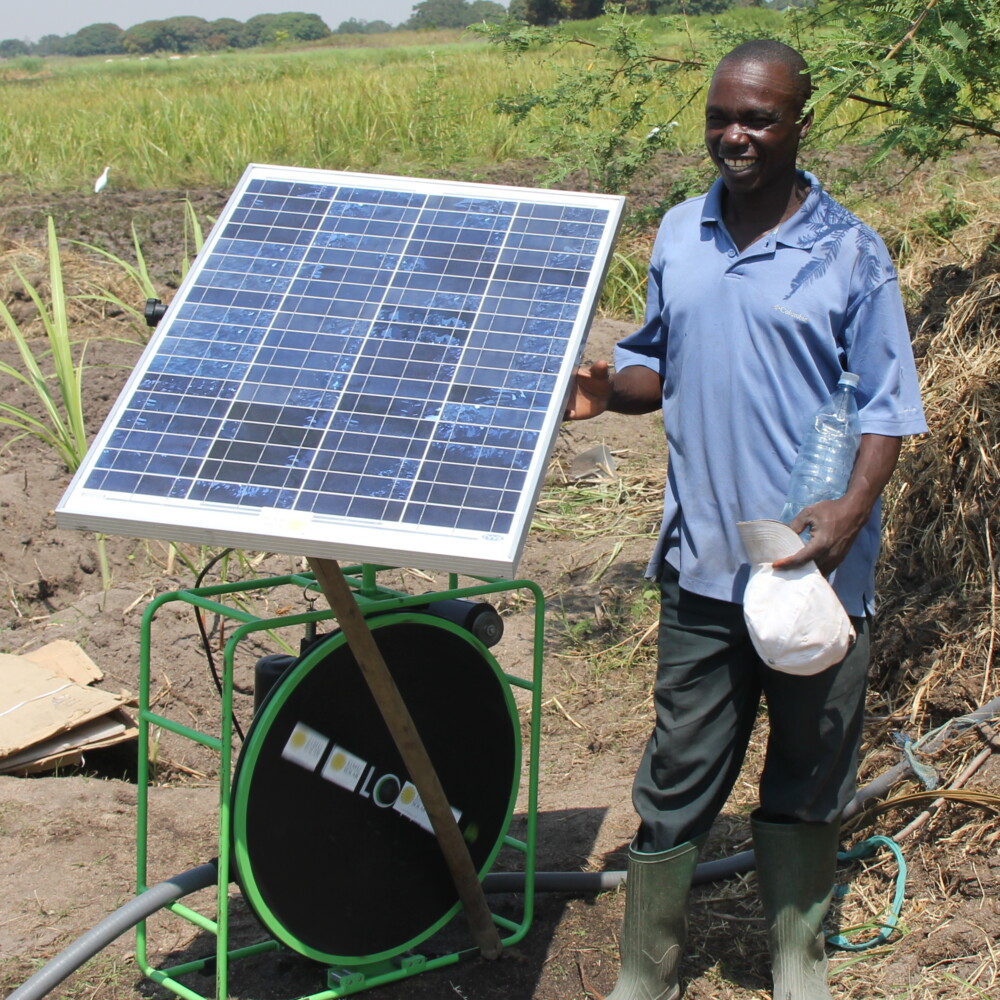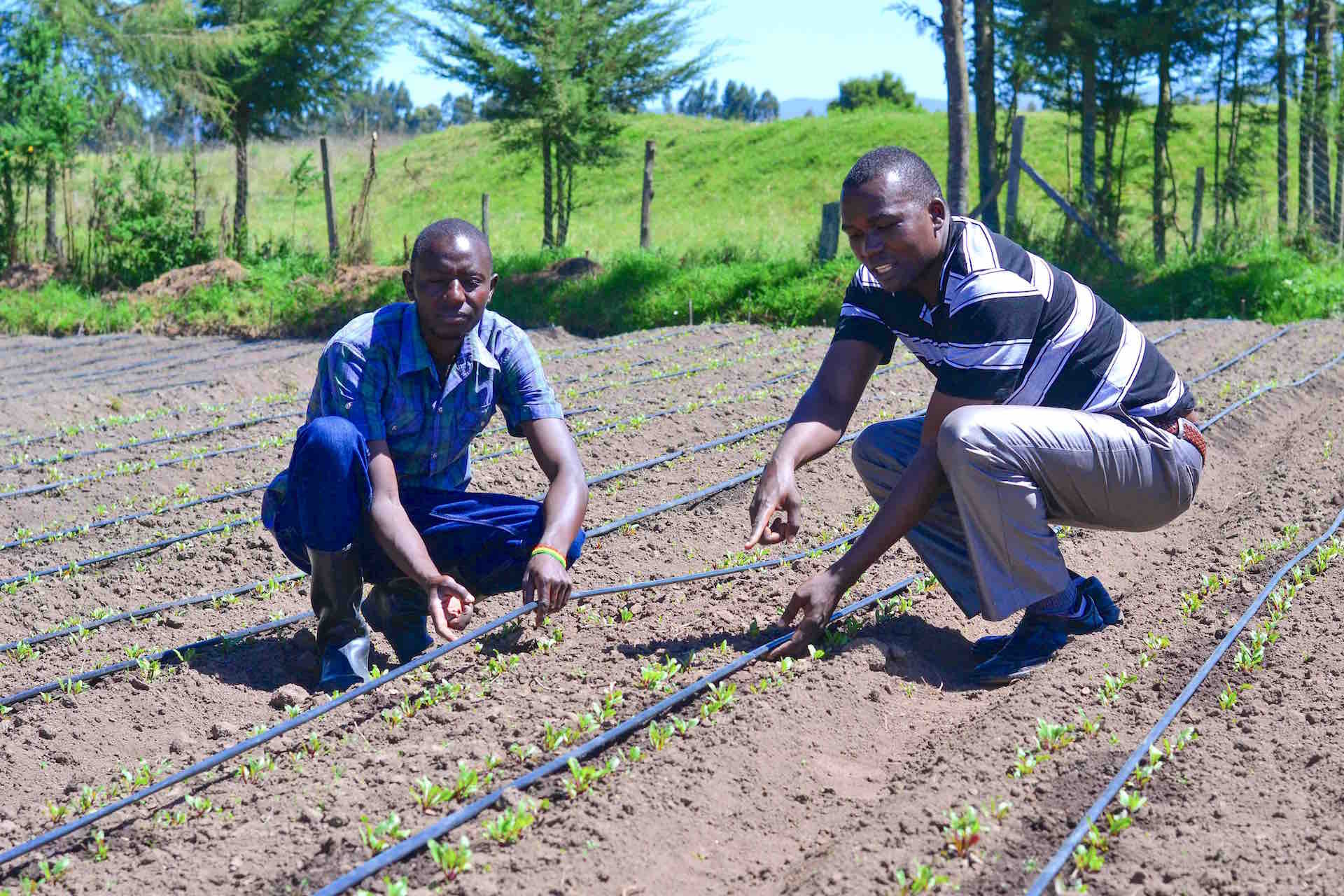Simusolar Doubles Rural Household Incomes in Less than a Year
In Tanzania 38.4 million households are engaged in farming for their primary or supplemental income. Of these, more than 95% depend on farming practices that rely on rainfall to water crops, rainfall that comes only 5 months of the year and is increasingly unpredictable. These realities challenge households, particularly women and children, with women constituting 70% of sub-Saharan agricultural workers, according to the World Farmers Organisation.

24 May 2018
Nimble and growing Simusolar is poised to offer a solution. Established in 2014 and headquartered in Mwanza, Tanzania, the for-profit social venture company provides renewable energy generation, storage, and equipment such as solar water pumping systems to farms and businesses. Simusolar focuses on communities with the least access to energy, primarily in rural locations where 3 out of 4 Tanzanians live. Among Simusolar’s water pump customers, 73% of households live below the $3.10 per person per day poverty line.
Simusolar offers four different sized solar water pumps, sourced from SunCulture, Ennos, and others. These organizations have spent years developing and field testing solar pumps for low-income smallholder farmers. The smallest and most affordable 100 Watt photovoltaic solar water pump lets smallholder farmers irrigate up to an acre per day– more than 1000 liters per hour in full sun – considerable given that the median customers’ farm is 2 acres. Simusolar offers both surface and submersible (borehole) pumps. The deepest pump allows farmers who are not near open bodies of water to irrigate their land and increase production, drawing over 10,000 liters per day from a groundwater well or spring to a tank or reservoir.

Beyond the technology, Simusolar’s distribution and financing models set it apart. Customers are introduced to the company through a partnership network – farmer cooperatives, seed suppliers like Rijk Zwaan, equipment financing associations, and capacity builders like Rikolto, and public-private partnerships TAHA and SEVIA (Tanzania Horticulture Association, Seeds of Expertise for Vegetable Industry of Africa). Partners provide credibility and facilitate Simusolar entering a community with a large number of potential clients. Early customers become “demo farmers” who then provide proof of concept, conveying the value of the solar products to others in the community.
For financing, Simusolar lets customers pay incrementally over time using a pay-as-you-go (PAYG) model through mobile phones. Over 85% of customers received a loan to buy their water pump, and 56% of customers said their Simusolar water pump was the first product they had bought on credit. This makes otherwise unaffordable energy systems accessible to rural off-grid consumers.
Results so far are impressive and growing: 68% of customers said they think Simusolar products are a good or very good value for the money. Before purchasing a Simusolar water pump, 44% of customers had been using buckets to irrigate their land, while 56% had been relying on more costly fuel.
Solar water pumps benefit customers by saving time in the fields and reducing fuel expenditures. Off-grid mechanization leads to more reliable harvests and provides opportunities to grow and sell more produce during fluctuating weather patterns and through dry seasons, exacerbated by climate change.
Read about Efficiency for Access’ Global Solar Water Pumping Market Development Meeting Held in Nairobi in April.